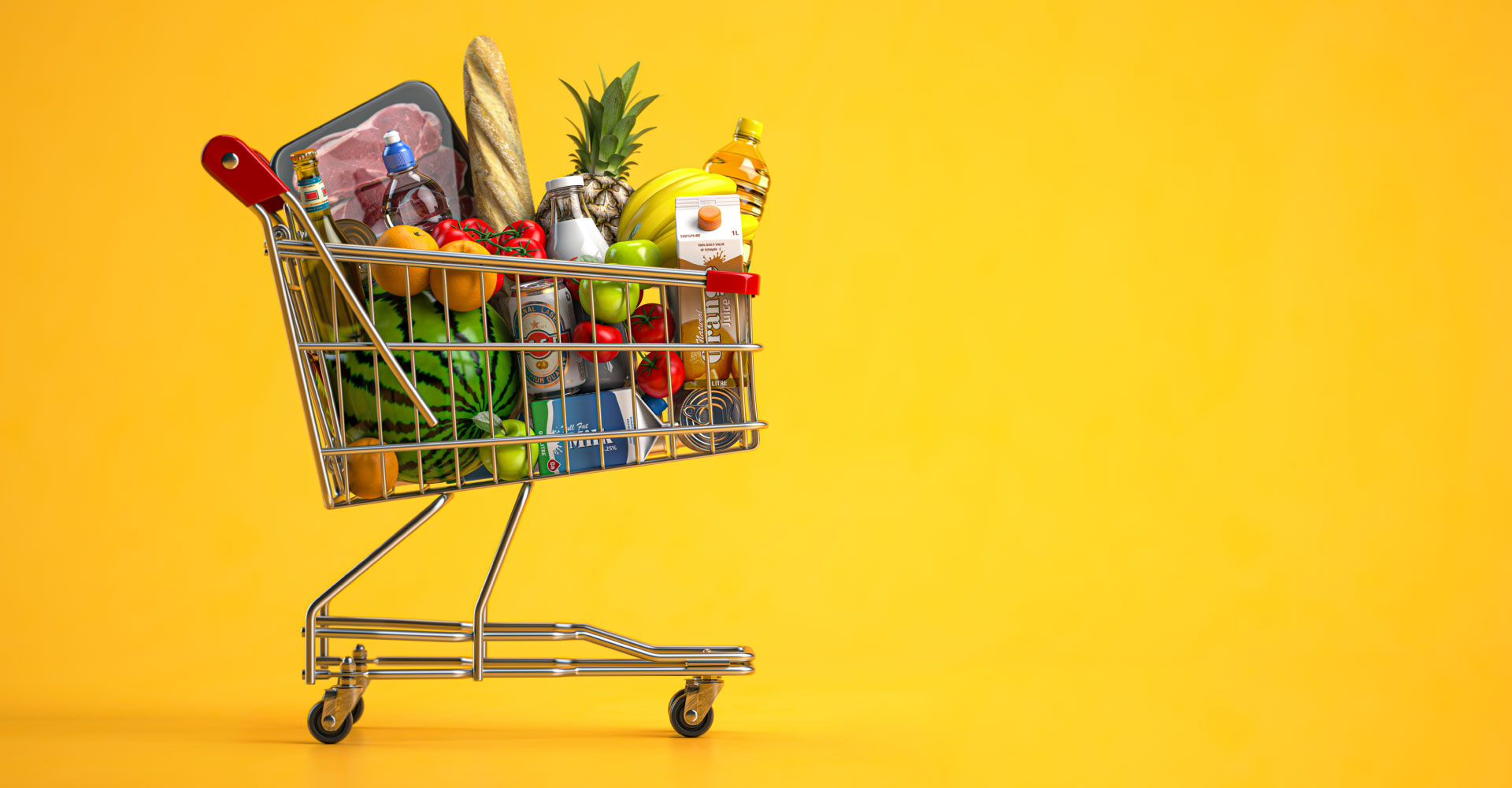Your Essential Guide to Tomato Paste in Malaysia
Tomato paste is a cornerstone of countless kitchens, a concentrated powerhouse of flavour tucked away in the pantry. For home cooks seeking tomato paste in
Are you looking for a grocery supplier in Malaysia that can meet the demands of your business and provide high-quality products and services? Finding the right supplier is critical to the success of your business.
With so many options available, it can be overwhelming to choose the right one. However, by considering factors such as pricing, payment terms, customer service, product range, sustainability, reliability and trustworthiness, and value-added services, you can narrow down your options and select a supplier that aligns with your business goals and values.
In this fast-paced industry, partnering with a reliable supplier can help you stay competitive and meet the changing needs of your customers. In this article, we will discuss essential factors to consider when choosing a reliable grocery supplier in Malaysia.

The quality of products a grocery supplier offers is one of the most important factors to consider when choosing a supplier. High-quality products will ensure customer satisfaction and loyalty, leading to repeat business and positive word-of-mouth marketing. When assessing the quality of a supplier’s products, you should look at the source of the products, the manufacturing processes, and the certifications and accreditations they hold.
For example, you can look for suppliers certified by organizations like ISO, HACCP, or GMP, which indicates that they meet the highest food safety and quality standards. It would help if you also asked for samples of their products to evaluate their quality firsthand.
The availability of products is another critical factor to consider when selecting a grocery supplier. Your supplier should have a wide range of products to meet your business needs.
The supplier should have a well-established supply chain to ensure that they can provide you with the products you need on time and in the required quantities. They should also have adequate inventory levels to meet your order demands. This will help you avoid stockouts and delays impacting your business operations.
A reliable grocery supplier should be able to deliver your orders on time and without delay. You should assess the supplier’s delivery reliability by looking at their track record, customer reviews, and delivery schedules.
The supplier should be able to provide you with an estimated delivery date and time, and they should have a well-organized delivery system in place. You should also consider their delivery fees and whether they offer free delivery for orders above a certain amount.
Pricing is a critical factor to consider when choosing a grocery supplier. It would help if you looked for a supplier that offers competitive pricing without compromising on the quality of their products. It would be best to compare the pricing of different suppliers to find the best value for your money.
However, be wary of suppliers that offer extremely low prices, as this may indicate low-quality products. You should also ask for volume discounts or negotiate pricing based on your order frequency or volume.

Excellent customer service is essential when choosing a grocery supplier. It would help if you looked for a supplier that offers prompt and effective communication, responsiveness to inquiries, and the ability to promptly resolve any issues or concerns.
You can assess the supplier’s customer service by reading customer reviews or asking for references from their existing clients. A supplier with excellent customer service will help you avoid delays or other issues affecting your business operations.
The payment terms offered by a grocery supplier can impact your cash flow and profitability. You should look for a supplier that offers flexible payment terms that align with your business needs. You should establish clear payment terms and ensure no hidden charges.
You should also consider the supplier’s payment options and whether they accept online payments or other convenient payment forms. You can negotiate payment terms based on your order frequency or volume, which can help you reduce costs and improve your cash flow.
A reliable grocery supplier should have a broad range of products to meet your business needs. The supplier should offer a variety of products that include both essential and unique items, giving you the flexibility to meet your customers’ changing demands and preferences.
A diverse product range can also help you differentiate your business from competitors. Consider a supplier that can source new and innovative products to add to your inventory. The supplier should also have a system to monitor their product range and remove products not selling well.
In today’s world, many customers are environmentally conscious and prefer to support businesses that prioritize sustainability. Therefore, choosing a grocery supplier that offers sustainably sourced products is an essential factor to consider.
This can include organic or locally grown produce, eco-friendly packaging, and fair trade items. You should look for a supplier with a sustainability policy or certification from reputable organizations such as Rainforest Alliance or Fairtrade International. Choosing a sustainable supplier can help attract and retain customers who value environmental responsibility.
Choosing a reliable and trustworthy grocery supplier is essential for the smooth operation of your business. A reliable supplier will ensure that your orders are delivered on time and in full. Additionally, a trustworthy supplier will have a good reputation in the industry and demonstrate ethical business practices. You should consider a supplier that has been in business for a significant period and has a track record of delivering high-quality products and services. You should also check their reviews and ratings on online marketplaces or forums to gauge their reputation.
A grocery supplier that offers value-added services can help you improve your brand and enhance your customer’s experience. These services may include custom packaging, labelling, or promotional materials. Custom packaging and labelling can help you build brand recognition and increase customer loyalty.
Additionally, promotional materials such as flyers, posters, and coupons can help you promote your business and attract new customers. You should consider a supplier that offers these services at no additional cost or a reasonable fee.
A reliable grocery supplier should have a broad range of quality products, offer competitive pricing and flexible payment terms, provide excellent customer service, and deliver on time.
Factors such as product range, sustainability, reliability and trustworthiness, and value-added services are crucial when choosing a supplier. Ensuring these factors align with your business needs and goals can help you establish a long-term and mutually beneficial relationship with your supplier.
Tomato paste is a cornerstone of countless kitchens, a concentrated powerhouse of flavour tucked away in the pantry. For home cooks seeking tomato paste in
Navigating the Modern Snack Aisle The snack aisle has become a battleground of nutritional claims and tempting flavours, leaving many consumers confused. Gone are the
Reshaping Your Snack Game The satisfying crunch of a chip is a universal pleasure, yet the traditional snack often conflicts with modern health and fitness
Oats have firmly established themselves as a breakfast staple in Malaysia, moving from a simple pantry item to a celebrated superfood. The demand for quality